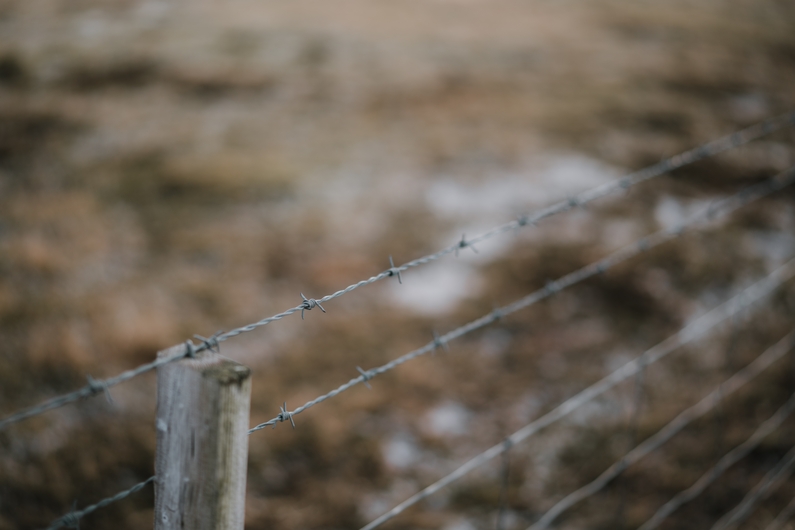There are plenty of winter maintenance tasks to perform inside your barn, from ensuring proper insulation to maintaining ventilation to keep your livestock warm and healthy when cold weather hits. It’s important to keep up with outdoor winter maintenance, too, like optimizing your electric fencing for the winter months.
Electric Fencing in Winter
Winter weather can cause a wide variety of issues for livestock farmers. Keeping livestock warm, dry, and hydrated indoors are all tasks that can be more difficult during winter storms. Snow and ice can also affect many outdoor farming tasks, including causing significant issues with electric fencing.
Frozen Soil
Once temperatures drop for an extended period of time, the ground freezes and dries out. When there is less moisture in the soil, it’s harder for the ground to serve as a conductor for the electric fence. The electric pulses produced by the fence can be affected, causing it to stop working.
Snow Piles
With repeated winter storms, it’s easy for piles of snow to build up around the fence. Large snow drifts that end up reaching and covering the fence’s conducting wires can lead to power drainage, keeping the fence from functioning properly.
Ice Build-Up
Winter storms can also bring along a lot of ice. If ice accumulates and builds up on the electric fence’s wires, the function can be negatively affected. Ice covering the fence’s insulators can make it short out and stop working.
Electric Fencing Tips for Winter
Ice and snow from winter weather can cause electric fences to malfunction, but there are measures you can take to help prevent these issues. Try these electric fencing tips to keep your fences operating throughout the cold season.
Improve Grounding
If frozen soil and reduced moisture content become issues in winter, there are steps you can take to improve grounding. For example, you can install a ground-wire return circuit that connects to the fence’s conductors and increases grounding.
Prevent Power Drainage
Snow and ice can drain power away from the electric fence if they touch the bottom conducting wires. To bypass this issue, consider setting up a cut-off switch that allows the bottom wires to be disconnected once snow and ice pile up. This prevents power drainage from the bottom wires while allowing the upper wires to power the fence and keep it working properly.
Optimize Ground Rods
To prevent ice from interfering with conduction, optimize your ground rods. Make sure there are at least 10 feet between each rod and that each fence has at least three rods. Consider using galvanized steel and copper for ground rods to reduce the chance of rust and improve conduction.
Install Electric Fence Chargers
Installing a great electric fence charger, combined with the above tips for electric fencing in winter, can help keep your fence running smoothly throughout the cold months. Cyclops Fence Chargers from Carlton Wholesale are the strongest line, battery, and solar-operated chargers built in the USA.
Carlson Wholesale provides equipment, from fence chargers to calf pens, that help keep your livestock safe during winter. Contact us to find out more about our electric fencing solutions.
